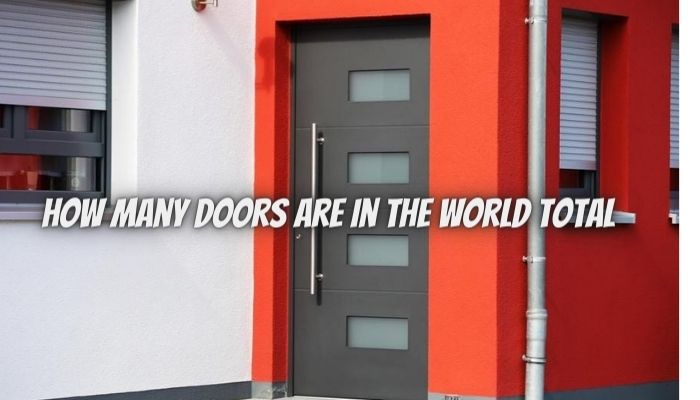Global market research firm Research Dive predicts that the commercial lending sector will exceed $27,406.6 billion between 2021 and 2028, while according to a report by market research store Research and Markets, the invoice financing/factoring market is expected to reach $7 trillion by 2030.
The figures appear to be positive, however, this is primarily because of the contributions of major financing firms. The invoice financing market for small and medium-sized enterprises (SMEs) remains undeveloped and largely untapped.

Muhammad Salman Anjum, Chief Mate at InvoiceMate, spotted this opportunity when he founded his company and presented it at a blockchain summit in India. He previously built his invoicing solution using a private ledger called Hyperledger Fabric before migrating to the BSV Blockchain because of its ability to provide transparency, particularly involving invoice financing.
The BSV Blockchain is the largest public blockchain that has the ability to scale unbounded. What this means is that data block sizes and throughput can be boosted to meet the demands of the market, while at the same time lowering transaction fees to miniscule amounts.
At present, the BSV Blockchain is already completing 4GB blocks with an average throughput of 20,000 transactions per second (tps) at fees of $0.0001 per transaction. And as BSV continues to scale, it is a real possibility that the network can reach terabyte-sized blocks and millions of tps at fees that are next to nothing.
These figures, which are evidence of the network’s efficiency and practicality, are the reason why startups like InvoiceMate have chosen to build on the BSV Blockchain and not on popular blockchains that has small data blocks and extremely low throughput yet volatile and high transaction fees. This is also why BSV is known for its enterprise blockchain.
Invoice Financing for SMEs
InvoiceMate is the world’s first blockchain-based full-service invoice management system, covering the whole invoice life cycle. Its transactions occur in real-time on blockchain, making them trustworthy, transparent and accessible to all parties involved.
“We identified invoice is [the] most commonly used document. Smaller businesses, medium-sized businesses, large-sized businesses, [the] public sector, [and the] private sector use it,” Anjum explained. “They need workflow automation, [and] they need access to the liquidity as well for invoice financing.”
Invoice financing entails an individual or corporation selling products or services to others for a future payment guarantee (such as 15 or 30 days after the transaction) and issuing an invoice for that payment guarantee. This locks the amount that the corporation cannot use until it is paid for. The company facing a cash flow crisis may then approach a financial/lending entity and requests short-term financing against these invoices.
The lender reviews and validates these invoices before issuing an amount to the borrower (the company) for a mutually agreed-upon time (typically less than the actual value of the invoices) based on the indicated due dates on the said invoices. When an invoice is past due, the company collects it and pays the lender the required amount plus the agreed-upon service costs.
On the surface, invoice financing benefits both the company and the lender, but this is not the case. According to the World Bank, despite accounting for over 40% of gross domestic product (GDP) in developing economies, most SMEs lack access to institutional financing. These businesses cannot reach their full potential because of a lack of formal documentation, while their lack of capital assets also makes them appear insecure to banks.
Reassuring Banks with the KYI Service
Many SMEs lack considerable capital assets like buildings, equipment and machinery to qualify for business financing. They can liquidate their account receivables (invoices) to solve their cash flow problems, yet still have no proper paperwork that will assure banks and other financial institutions about their invoices’ authenticity.
InvoiceMate’s Know-Your-Invoice (KYI) function produces a time-stamped and visible invoice record, allowing lending institutions to check and authenticate invoices from an informal or semi-formal business that would otherwise be impossible.
Adopting the KYI service validates the invoice lifecycle (including POs, quotations, and other supporting documents), cutting SMEs’ documentation-related costs at a fraction of how much an in-house finance facility or third-party due diligence would demand. This allows institutions to extend financing against invoices while remaining secure.
No record can be modified or erased from the original invoice, since blockchain records every stage of the invoice processing journey. Every change to the data results in a new version of the transaction, with no effect on prior versions of the same transaction, and these changes can be tracked in real time. In this manner, enterprises are confident in the data’s validity at all times.
With InvoiceMate’s success on the BSV blockchain ecosystem, Anjum mentioned during the blockchain summit that he has been hosting monthly meetups to further engage the community. His hope is to help startups and organizations use BSV to streamline their operations and achieve their potential with a little nudge from technology.




